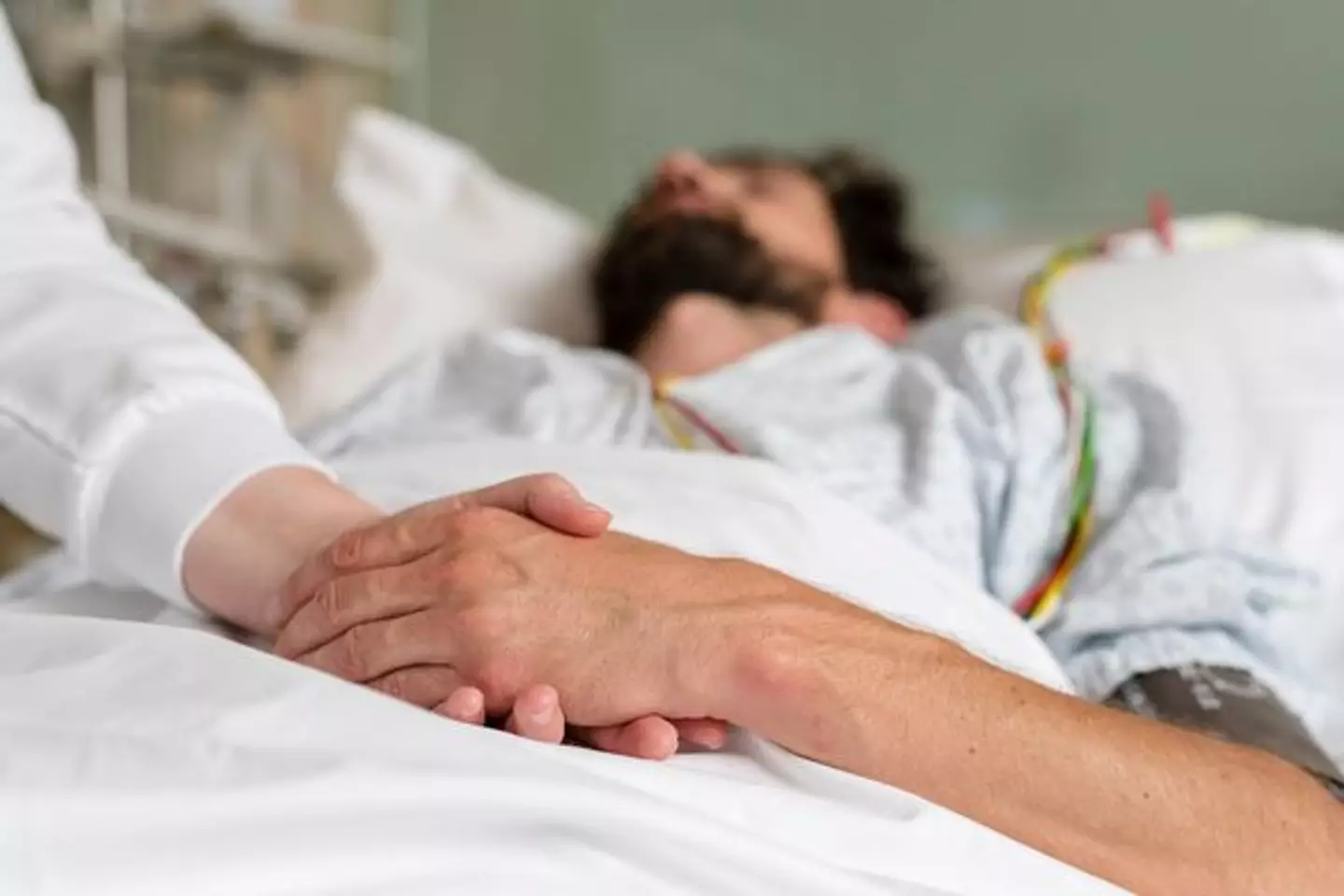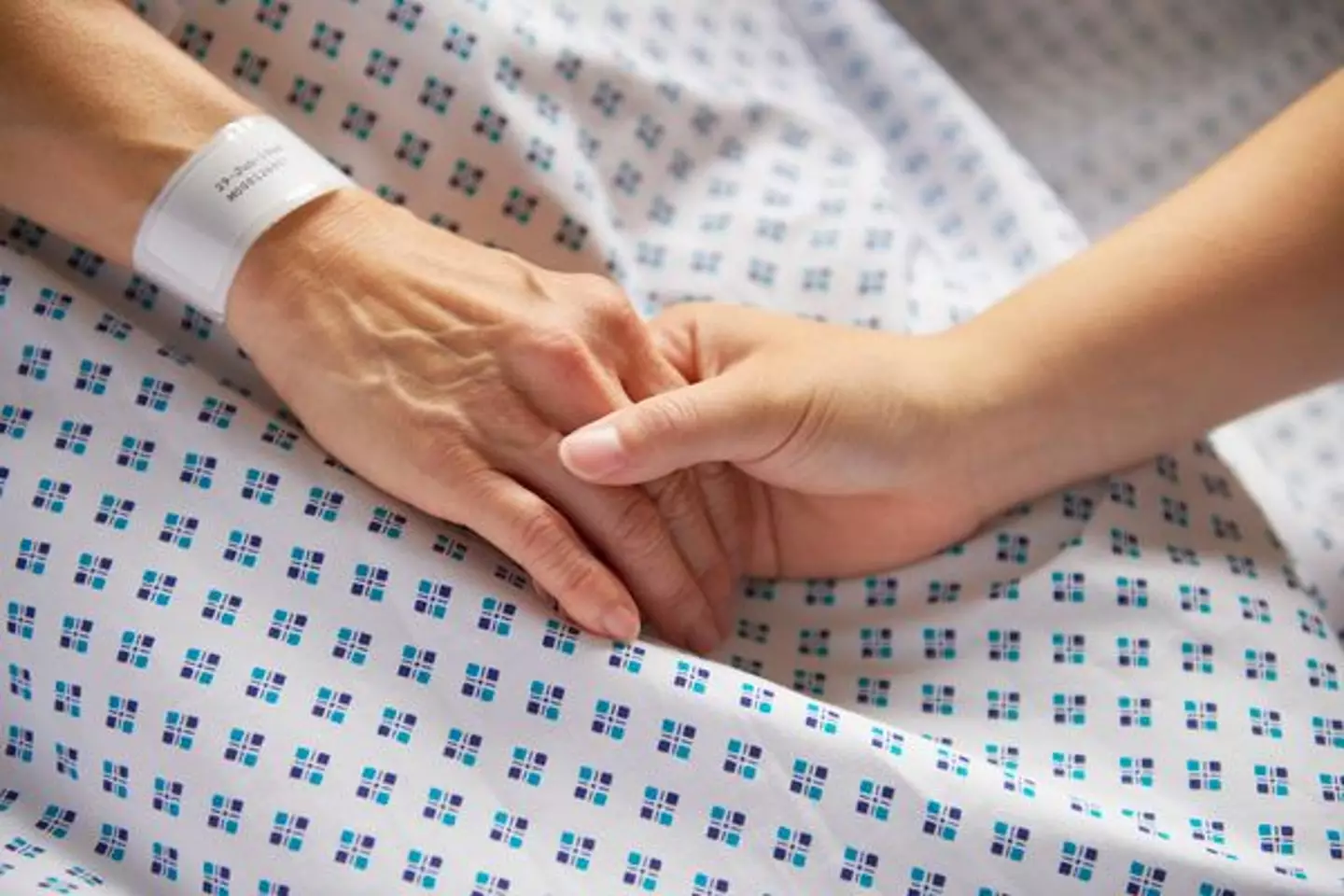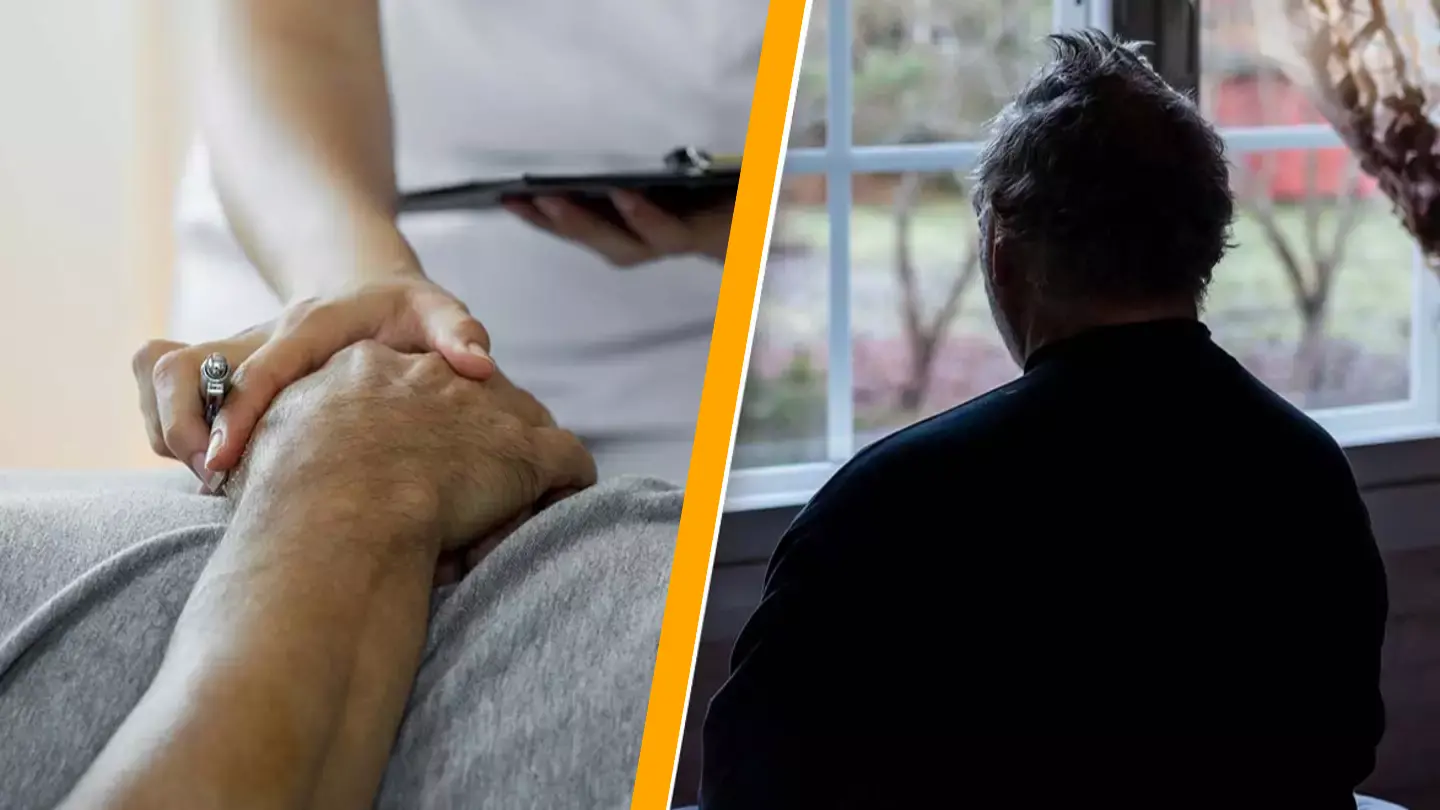Healthcare professionals, including doctors and end-of-life nurses, have observed a notable phenomenon that occurs in patients one or two days before they pass away.
US nurse Ruby Gramlow, having cared for numerous individuals in their final weeks, is committed to raising awareness about the dying process and providing support to both patients and their families during this challenging time.
Gramlow is employed by Hospice of the Red River Valley (HRRV), an independent, nonprofit hospice organization serving over 50 counties in North Dakota and Minnesota.
In a blog post for HRRV, she offered guidance on how family members and friends can support their loved ones in their final moments, along with insights into a specific occurrence that happens shortly before death.

Gramlow emphasized the importance of simply being there for your loved one during their last days.
“Most importantly, being present with your loved one – even if you don’t know what to say or if you aren’t sharing the same experience – can be meaningful and create a sense of comfort and calm for the person,” she wrote.
She advised people to play special songs, reminisce about old memories, and have meaningful conversations to express their feelings while there is still time.
Throughout her career, Gramlow has noticed an unusual surge of energy in some patients right before they pass and cautions against mistaking this as a sign of recovery.
“You might have witnessed this surge of life yourself while attending to a loved one,” she wrote.
“This surge of energy is usually short, lasting anywhere from a few minutes to several hours, and may occur one to two days prior to death,” she added.
“This is unique to each person, and not everyone will experience such a noticeable burst of energy.”
This energy boost may involve an increase in appetite, wakefulness, and communication that can last “from a few minutes to several hours, and may occur one to two days prior to death.”
In individuals with Alzheimer’s or other dementias, this is known as terminal lucidity, a brief period where patients regain their memories and personalities just before death.

Gramlow recognized that interpreting this energy surge as a positive sign is natural but advised preparing for what follows.
“This time can be often misinterpreted by loved ones as a recovery and that the patient is getting better,” she wrote.
“It can be difficult for families and caregivers to acknowledge and understand these sudden changes as anything but signs of recovery. No one wants to lose someone they love,” she continued.
“But it’s important the family understands what the patient is experiencing, so they can prepare themselves and the patient for what is to come.”
If you have experienced a bereavement and would like to speak with someone in confidence, contact Cruse Bereavement Care via their national helpline on 0808 808 1677.

